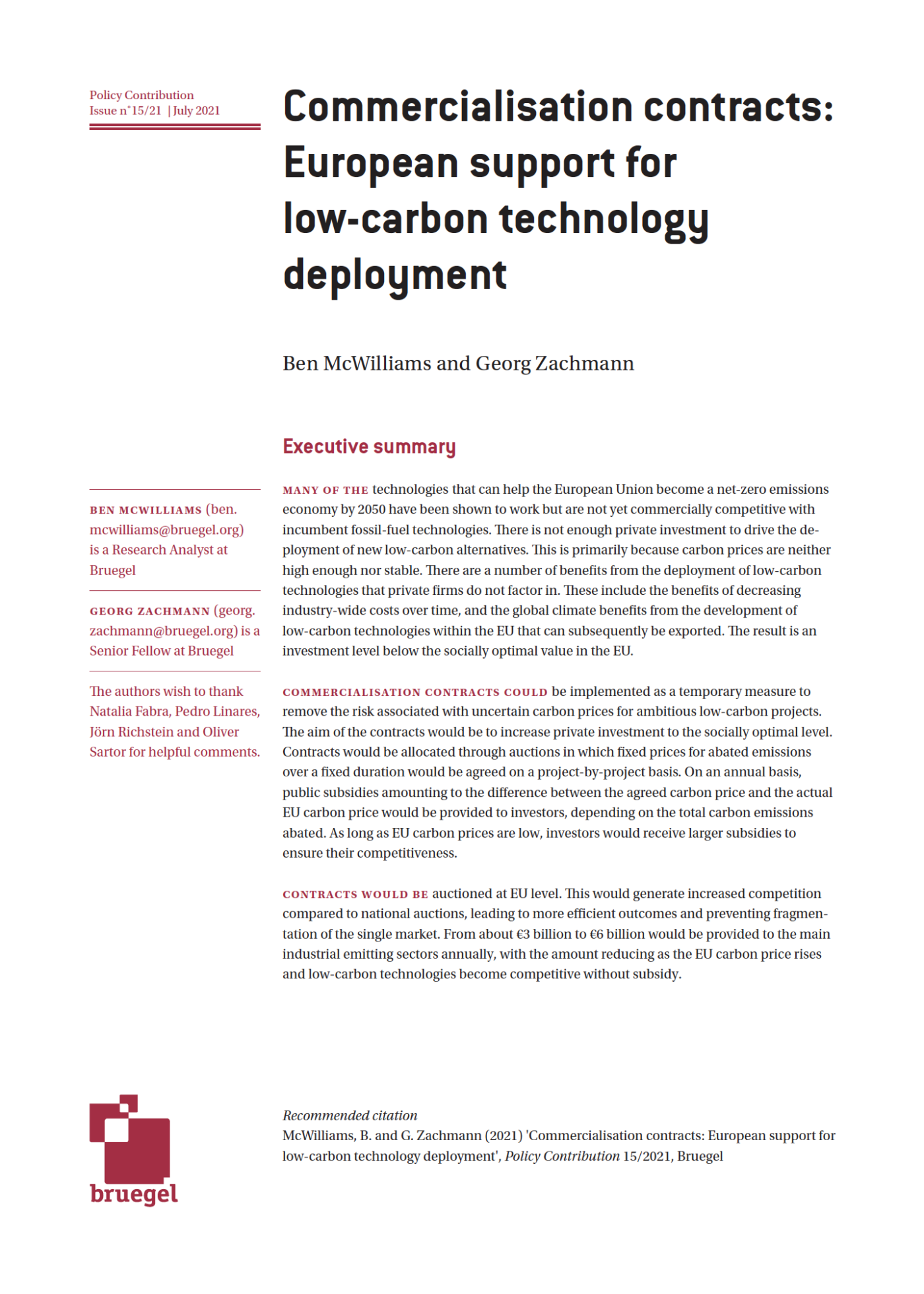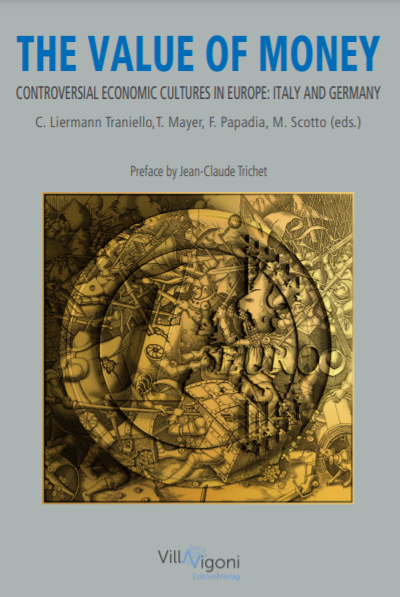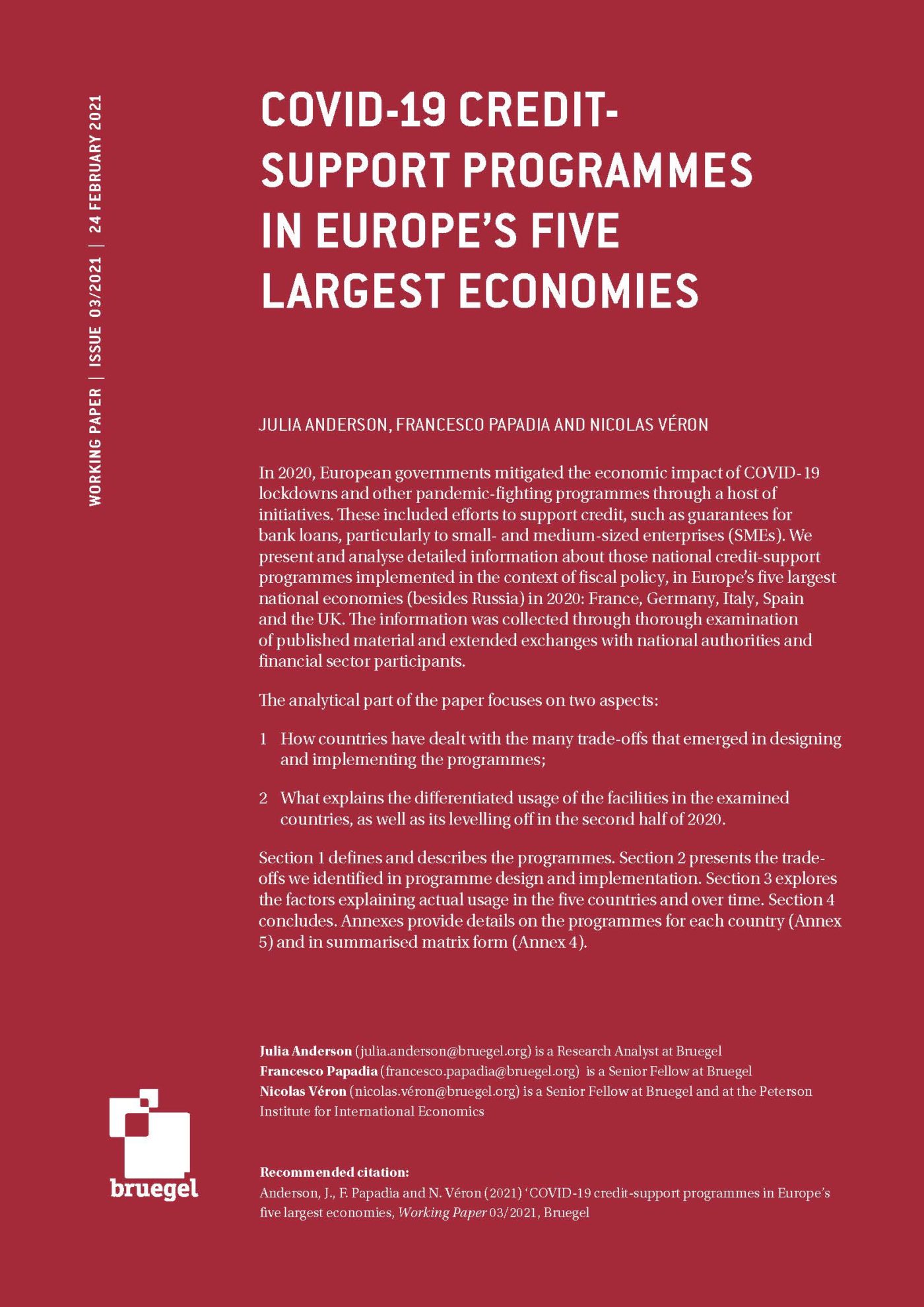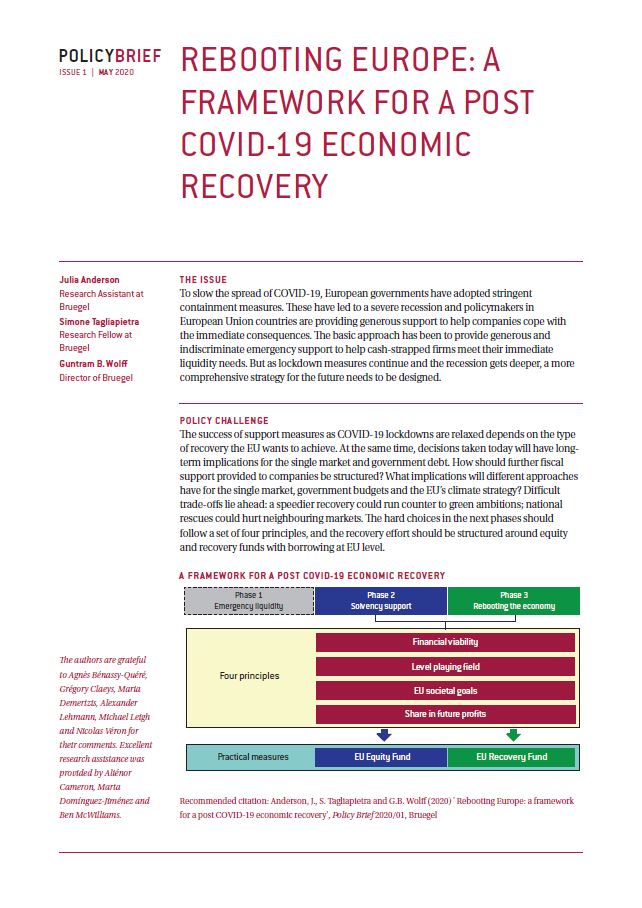Opinion
Italy’s floods: How the European Union Solidarity Fund can help
The authors discuss Italy's potential recourse to disaster relief from the European Union Solidarity Fund in the wake of recent floods, focusing specifically on how much aid Italy might expect and under what terms.
After the floods that devastated Italy in the recent weeks, ravaging different areas of the country from Belluno to Palermo, it is urgent to activate all possible funding channels to ensure a rapid reconstruction of the affected areas. The damages are huge – for the Veneto region alone we are talking €1 billion – and therefore every possible contribution must be obtained.
On November 8th, the Italian government decided to declare a state of emergency in the territories of 11 regions affected by the exceptional meteorological events. It allocated the sum of €53.5 million to allow immediate interventions, in order to restore traffic, complete the operations of rescue and deliver a prompt intervention. To these resources, the Italian government will add in the next few weeks another €200 million, which will be allocated to other emergency interventions pending the definitive quantification of damages.
In this context, the government also considered the possibility of requesting the activation of the European Union Solidarity Fund (EUSF) in order to co-finance emergency operations and the subsequent reconstruction of the affected areas. This possibility is supported both by the Antonio Tajani, president of the European Parliament, and by some regional councils, who have already moved to officially ask the government to start the process for requesting activation of the EUSF. But let’s see under what conditions this fund can be activated.
How does the EUSF work?
Natural disasters are inherently occasional, but they can have an important socio-economic impact both at a regional and a national level. To finance emergency operations and post-disaster reconstruction, the European countries decided in 2002 to have a common fund to respond to such eventualities: the EUSF.
This fund functions as a sort of supranational insurance policy against natural disasters. Obviously, it is not intended to reimburse all financial damage caused by the occurrence of a natural disaster, but rather to supplement the efforts of the country concerned and to cover part of the costs it incurs to finance the relief; to secure the infrastructure and cultural heritage; to rebuild damaged infrastructure and to clean up damaged areas – including natural areas.
The financial contribution from the fund should be used within a period of 18 months from the date on which the European Commission provided the full amount of assistance. The part of the financial contribution that has not been used within this period or that has been used for ineligible operations is recovered by the Commission from the beneficiary country.
Considering that the risk of natural disasters is not uniformly distributed throughout Europe, and considering that these events affect only a few countries at a time, it is clear the logic adopted here in mitigating the risks related to the management of natural disasters by creating a financial-assistance at the European level.
What are the conditions necessary to activate the EUSF?
The EUSF can be mobilised if there are serious repercussions for the living conditions of citizens, for the natural environment, or for the economy of a country hit by a natural disaster – or even for one or more regions hit by a natural disaster.
Both in the case of national and regional emergencies, only the government of the concerned country can request the activation of the EUSF. It must submit this request directly to the European Commission within 12 weeks of the disaster occurring. This time frame has been designed to balance on one hand the need for rapid mobilisation of funds, and on the other the need to give the country concerned a minimum time to estimate the damages suffered.
Once the application for activation has been received, the European Commission proposes financial assistance for the concerned country in a timely manner, which must be approved by both the Council and the European Parliament.
What can Italy do to activate the EUSF in order to respond to the current emergency?
Given the current circumstances, the Italian government can request the activation of the EUSF at both national and regional level. Let’s see these two options in detail:
i) National level. Disasters at national level are considered as such by the EUSF legislation if the total damage is assessed to be above a threshold defined in the EUSF Regulation. This threshold is set at €3 billion (at 2011 prices) or alternatively above 0.6% of the country’s gross national income (GNI). In the case of Italy in 2018, the threshold is therefore the minimum of these two values, or €45 billion euros.
Once this condition is verified, i.e. if the damage is sufficiently high to trigger the activation of the fund, then the formula applied for this calculation is as follows: the EUSF provides aid equivalent to 2.5% of the direct damage up to the threshold, plus 6% of the direct damage that exceeds the threshold. Therefore, if the Italian government assesses the total damage at a level of €3.5 billion, the fund can pay €124 million.
To give another example, Italy received €1.2 billion following the earthquakes that occurred in central Italy between August 2016 and January 2017, which had caused damage totalling €22 billion.
ii) Regional level. With regard to regional disasters, the eligibility threshold is set at 1.5% of regional GDP (with the notable exception of the ultra-peripheral regions, where this threshold is set at 1%). In the case where different regions are involved, a weighted average is made based on the damage breakdown by region. To give the example of Veneto, the regional threshold is therefore set at €2 billion in damages. The formula for calculating the aid granted by the fund is the same as for national disasters.
Given the number of regions currently affected by the floods, and considering that the threshold with respect to GDP is lower at the national level than at the regional level, the government will certainly opt for the first option. In this case, if the total damage should be estimated at around €3.5 billion, Italy can obtain aid of about €124 million from the EUSF.
Republishing and referencing
Bruegel considers itself a public good and takes no institutional standpoint.
Due to copyright agreements we ask that you kindly email request to republish opinions that have appeared in print to [email protected].











